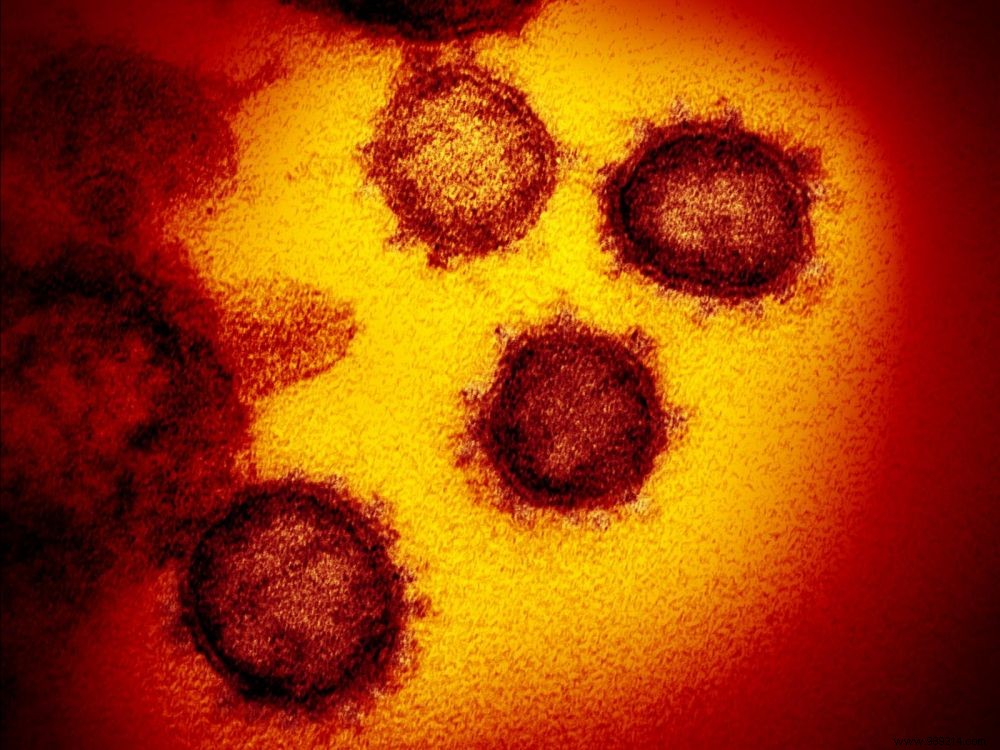ANSES has just published an opinion stressing that there is no evidence that companion and farm animals play a role in the spread of the new coronavirus.
Origin, remedies, spread… the coronavirus has given rise to a proliferation of false information which, for the past few weeks, has been widely shared on the net. One of them suggested that pets or farm animals could also serve as vectors for the Covid-19 virus. In response to this rumour, the National Agency for Food, Environmental and Occupational Health and Safety (ANSES) brought together several specialized experts on Wednesday to answer this question.
Their conclusions have just been published:in the light of available scientific knowledge, they now believe that there is no evidence to suggest that the animals of companionship and breeding may actually play a role in the spread of this novel coronavirus.
“By its genetic structure, the SARS-CoV-2 virus does appear to have originated from an animal , can we read in the report. It probably comes from a species of bat with or without the intervention of an intermediate host. However, in the current context and in view of the available published information, the passage of SARS-CoV-2 (Covid-19) from humans to another animal species currently seems unlikely .
This rumour, at the base, had developed following the detection in the nasal and oral cavities of a dog in contact with an infected patient in Hong Kong of a receptor that is normally the entry point for the virus into cells.
But as ANSES points out, “even if this receptor is identified in domestic animal species and seems capable of interacting with the human virus (…), its presence is not a sufficient condition to allow the infection of these animals”.
Indeed, the virus does not only rely on this receptor, but also on other elements of the cell allowing it to replicate.

ANSES has also looked into the ability of food from a contaminated animal to transmit Covid-19. And again, this possibility has been ruled out by the experts .
On the other hand, they underline that a possible transmission by a food is not impossible, but only "following the contamination of this food by a patient or a person infected with the virus, when handling it or preparing the meal .
In this context, of course, any type of food can be affected (animal products, plant products) after being exposed to infectious droplets during coughing and sneezing . This is why ANSES insists on the implementation of the recommended hygiene measures (sneezing and coughing into your elbow, washing your hands regularly) which, on their own, can prevent the contamination of foodstuffs by Covid-19. She adds that “a heat treatment at 63°C for 4 min (temperature used in hot connection in collective catering) makes it possible to divide the contamination of a food product by 10,000. »
Source
Related articles: